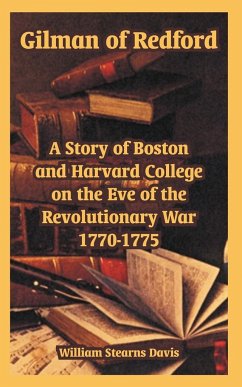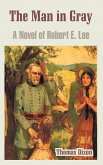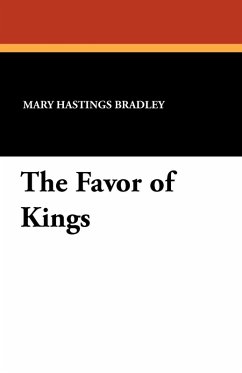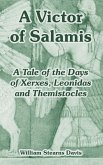The author of this narrative was of course the well-known Boston merchant (founder of the State Street firm of Gilman, Slater and Peabody) who at the close of the Revolution did so much to solidify the commercial prosperity of Massachusetts. As is herein suggested he served through the War for Independence, rising to the rank of colonel, and if his ambitions had carried him into politics he might have advanced far. As it was he served three times in the State House of Representatives and twice in the State Senate. He was counted a very moderate member of the Jeffersonian Republicans, probably on account of his marriage and a natural sympathy with France, but he always retained the good will of the Federalists, and enjoyed the personal friendship of John Adams during that veteran statesman's long retirement at Quincy. During the later part of his life Colonel Gilman was a valued member of the Harvard Board of Overseers, and was also a very active deacon of the Old South Church. This story of his life during the years 1770-75 was apparently written during the presidency of John Quincy Adams, at the instigation of Colonel Gilman's gift daughter Deborah. It will be recalled that her husband was the distinguished jurist, Justice Peltiah Gridley of the Massachusetts Supreme Court, and that her second son, General Roger Gridley, command a Union division in the Five Forks-Appomattox campaign and subsequently had a conspicuous part in the building of the Union Pacific Railroad. Colonel Gilman speaks frequently of the town of Bedford, which, it may be complained, cannot be found upon modern maps of Middlesex County. It is certain, however, that it cannot have been far from Lexington, Concord and Billerica, and indeed it may perhaps be identified with a town known at present under a slightly different name. In preparing this manuscript the editor has sometimes modernized the diction slightly, also he has omitted certain theological observations, which Colonel Gilman probably introduced for the benefit of his own family. Otherwise Roger Gilman is allowed to tell his own story, as a vivid reminder of "The times which tried men's souls." At the time of original publication in 1912, William Stearns Davis was Professor of Ancient History, University of Minnesota.
Hinweis: Dieser Artikel kann nur an eine deutsche Lieferadresse ausgeliefert werden.
Hinweis: Dieser Artikel kann nur an eine deutsche Lieferadresse ausgeliefert werden.








